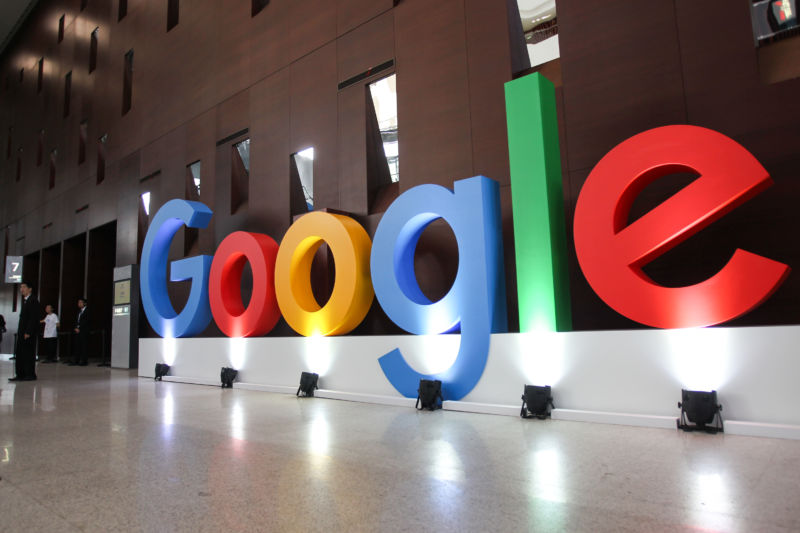
Enlarge / Google logo seen during Google Developer Days (GDD) in Shanghai, China, September 2019. (credit: Lyu Liang | VCG | Getty Images)
Transplanted stem cells can be as lifesaving as donated organs, but the Food and Drug Administration in September warned consumers that some stem cell clinics only pretend to be in the business of miraculous recoveries.
Now, Google is attempting to protect its users after years of showing ads for questionable stem cell treatments. The company stated that it will stop allowing "bad actors" to post Google ads that "take advantage of individuals by offering untested, deceptive treatments." Enforcement of the new policy started at the end of October, said Google spokesperson Alex Krasov. That change, while helpful, is unlikely to shutter clinics that cloak themselves in a façade of reputable science in order to peddle questionable stem cell treatments.
The risky business of unproven treatments
Different types of stem cell treatments are at varying stages of development. Transplants of bone-marrow stem cells are well-established treatments for a number of cancers. But the identification of other types of stem cells has allowed researchers to develop new therapies that are just beginning to enter clinical testing. Unfortunately, many stem cell clinics have latched on to the hype and are offering unapproved treatments for which there is no experimental evidence.
No comments:
Post a Comment